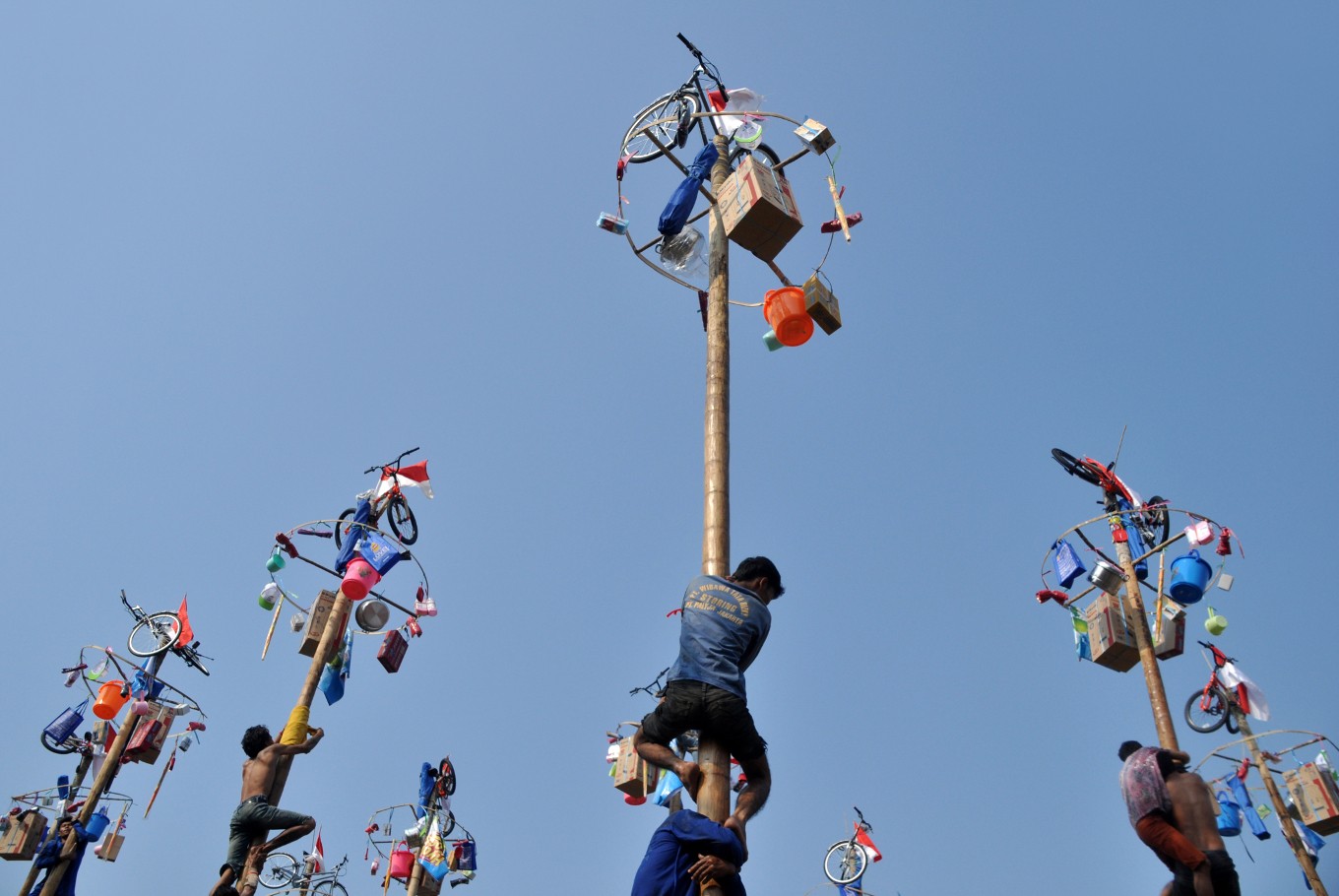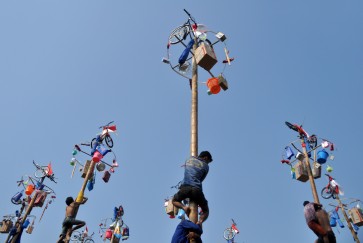Popular Reads
Top Results
Can't find what you're looking for?
View all search resultsPopular Reads
Top Results
Can't find what you're looking for?
View all search results72 years independent, but is Indonesia really free?
Real justice and freedom has to be the metric, not who happens to be in charge.
Change text size
Gift Premium Articles
to Anyone
S
ix days ago, on Aug. 17, Indonesia celebrated its 72nd anniversary of independence. Hurray! Festivities everywhere! Indonesians typically celebrate Independence Day by having marches, flag hoisting ceremonies, neighborhood competitions, screening historical films, etc. But have we also achieved internal freedom and justice, or only external freedom?
How do you measure the birth of a nation? In the case of formerly colonized states, it’s easy: it’s when they declare their independence. But if you consider a nation-state as diverse as Indonesia, were we all “born” at the same time?
We had a shaky start from the onset. There’s this myth that we all became independent at the same time. In fact state-formation — like all births — was messy, bloody and in the case of Indonesia, a protracted affair. Bloody, obviously because of the fighting with the Dutch colonizers, but guess what? Also because of fighting with each other, i.e. with areas that were still part of the Netherlands colonial territory. It was only in 1950 that these areas — Riau, Aceh, Kalimantan, South Maluku, Minahasa — were conquered by the Indonesian Armed Forces, leading to their integration into the Republic.
Then of course there’s Papua aka Irian Jaya (formerly the Netherlands New Guinea), which was “integrated” (read: annexed) in 1962. As I wrote in 2009, “for Indonesia, incorporating Irian into the Republic was the completion of nationhood; for the Papuans, it was their nation’s destruction” (“He ain’t heavy, he’s a brother from Papua” The Jakarta Post, Jan. 14, 2009). Papua was appended on, even though it wasn’t part of the nationalist compact, i.e. the archipelago that made up the Dutch East Indies.
After the declaration of independence, the first challenge for the nationalists was to get Indonesians to see themselves as Indonesians. It actually began with Sumpah Pemuda (the Youth Pledge) in 1928, a long process which often meant undermining local or regional identity and being “Indonesian” first.
But it wasn’t just regional or ethnic identity, it was also religious. Many people struggled against the Dutch as Muslims rather than as nationalists, and they imagined that victory would produce a caliphate. They were more than a little upset when they found themselves living under a secular Pancasila state instead.
That anger and frustration never went away, and every government has had to find various ways to court or appease political Islam in Indonesia. A recent example was arguably the jailing of former governor Basuki “Ahok” Tjahaja Purnama. It had the effect of angering the Gerakan Minahasa Merdeka, an indigenous separatist groups in South Sulawesi who are renewing calls for independence. They felt that “the court’s decision to jail Ahok for blasphemy cast a dark shadow over the rights of Indonesia’s Christian and indigenous minorities”. However, conservative Muslims loved it.


















